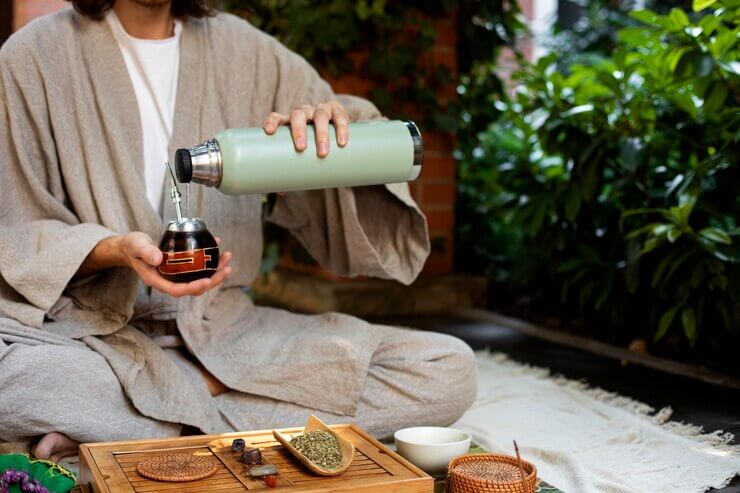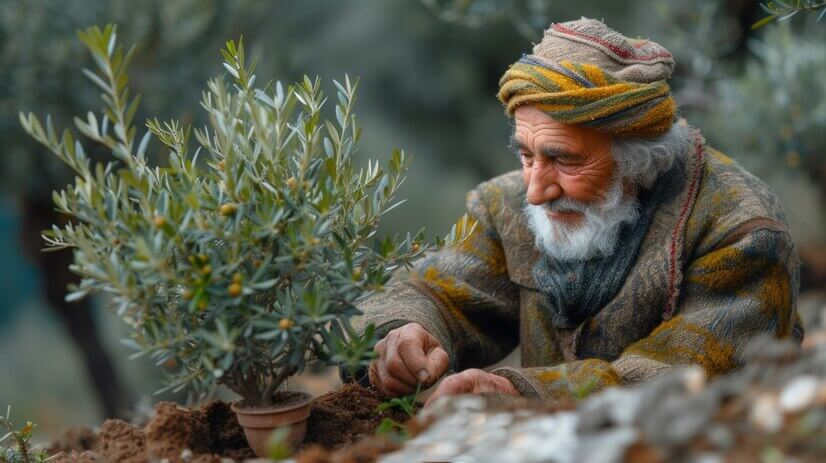Dadiyanki” is a term used in Hausa culture, particularly in Northern Nigeria, to refer to traditional medicine practitioners or herbalists.
Who Are the Dadiyanki?
- The term “dadiyanki” refers to traditional medicine practitioners or herbalists in Hausa culture.
- These individuals are revered for their deep understanding of local flora and their medicinal properties.
- Unlike modern doctors, dadiyanki do not rely on formal education or standardized medical training.
- Instead, their expertise is honed through generations of knowledge passed down orally, making them invaluable repositories of cultural and medicinal heritage.
Dadiyanki: The Art of Healing

- Dadiyanki practitioners possess an extensive catalog of remedies for a wide range of ailments.
- From common colds and digestive issues to more chronic conditions, they utilize natural ingredients sourced from their immediate environment.
- Their treatments often include:
- Herbal concoctions
- Poultices
- Sometimes even spiritual rituals
- Reflecting a holistic approach to health that encompasses:
- Both physical and spiritual well-being.
- One of the most remarkable aspects of dadiyanki practice is the deep connection to nature.
- Every plant, root, and herb used in their treatments is carefully selected for its specific properties.
- This knowledge, refined over centuries, underscores the sophisticated understanding of natural medicine inherent in Hausa culture.
Dadiyanki: Cultural Significance
- In Hausa communities, the dadiyanki are more than just healers, they are cultural icons.
- Their role extends beyond healthcare, as they often serve as advisors and spiritual guides.
- Their practices are intertwined with the spiritual beliefs of the community, where health is seen as a balance of physical, mental, and spiritual elements.
- The respect afforded to dadiyanki is immense.
- They are trusted confidants and key figures in maintaining the health and harmony of their communities.
- This cultural reverence highlights the importance of traditional medicine in places where access to modern healthcare facilities may be limited.
Integration with Modern Medicine
- In recent years, there has been a growing recognition of the value of traditional medicine and the potential for integrating it with modern healthcare.
- Efforts are being made to document and validate the practices of dadiyanki through scientific research.
- This integration aims to harness the best of both worlds, ensuring that traditional knowledge is preserved while also benefiting from the advancements of modern medicine.
- Collaborations between traditional healers and modern medical practitioners are beginning to emerge, fostering mutual respect and learning.
- This synergy could lead to more comprehensive healthcare solutions, particularly in rural and underserved areas.
Challenges and Future Prospects
- Despite their revered status, dadiyanki face numerous challenges.
- Skepticism from the broader medical community, regulatory issues, and the pressures of modernization pose significant threats to the preservation of their practices.
- Additionally, as younger generations become more inclined towards modern lifestyles and careers, the transmission of traditional knowledge is at risk.
- However, there is hope.
- Initiatives aimed at documenting and promoting traditional medicine are gaining momentum.
- Educational programs that bridge the gap between traditional and modern practices can ensure that the wisdom of the dadiyanki is not lost.
- By fostering an appreciation for this cultural heritage, we can help safeguard the invaluable knowledge that these practitioners hold.
Conclusion
- The dadiyanki of Hausa culture embody a profound legacy of healing, wisdom, and cultural identity.
- Their practices, rooted in a deep understanding of nature and spirituality, offer valuable insights into alternative medicine.
- As we navigate the complexities of modern healthcare, embracing and integrating traditional practices like those of the dadiyanki can lead to more holistic and culturally sensitive approaches to health and well-being.
- In doing so, we not only honor the past but also enrich our collective future.







